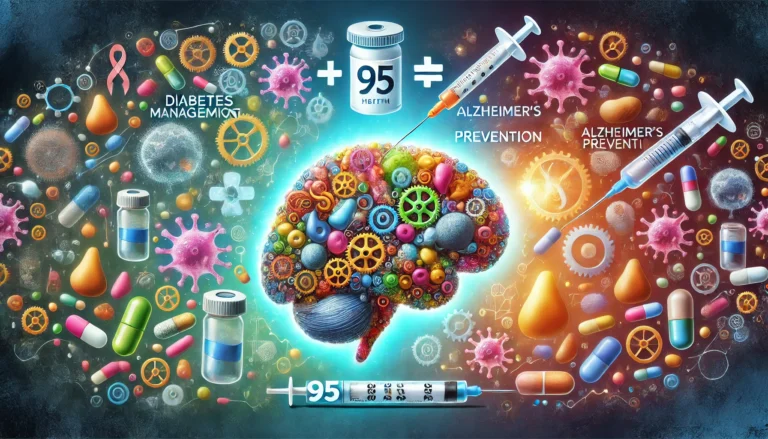WHO Urges Swift Action to Combat Hepatitis and Rising Liver Cancer Deaths in South-East Asia
The World Health Organization (WHO) has issued a call for urgent and accelerated efforts to combat viral hepatitis B and C in the South-East Asia Region to address the rising number of liver cancer deaths. Hepatitis B and C are major contributors to liver cirrhosis and cancer, diseases that are increasingly causing serious illness and fatalities.
The Growing Concern
Liver cancer has become the fourth leading cause of cancer deaths in the region, with hepatitis B and C responsible for almost 75% of liver cirrhosis cases. In 2022, 70.5 million people in the region were living with these chronic infections. Without early intervention, liver cancer rates in South-East Asia are projected to double by 2050, resulting in over 200,000 deaths annually.

WHO’s Call to Action
WHO emphasizes the importance of expanding access to prevention, vaccination, diagnosis, and treatment services for hepatitis B and C. This includes:
- Increasing testing and treatment accessibility at the primary healthcare level.
- Promoting the use of antiviral drugs to manage hepatitis B and cure hepatitis C.
- Implementing comprehensive vaccination programs to prevent hepatitis B infection.
Current Challenges
Despite the availability of effective vaccines and treatments, the coverage of hepatitis B and C testing and treatment remains low in the region. In 2022, only 2.8% of people with hepatitis B were diagnosed, and a mere 3.5% of those diagnosed received treatment. Similarly, only 26% of people with hepatitis C were diagnosed, and just 14% of those diagnosed received treatment.
WHO stresses the need for a collective effort to reverse the current trend and achieve the goal of eliminating viral hepatitis by 2030. This requires:
- Enhancing public health approaches.
- Leveraging investments in universal health coverage.
- Ensuring equitable access to life-saving interventions for all populations.
Addressing viral hepatitis and its consequences is a pressing public health challenge. Accelerated action and sustained efforts are crucial to saving lives, preventing new infections, and reducing the burden of liver cancer in South-East Asia.




